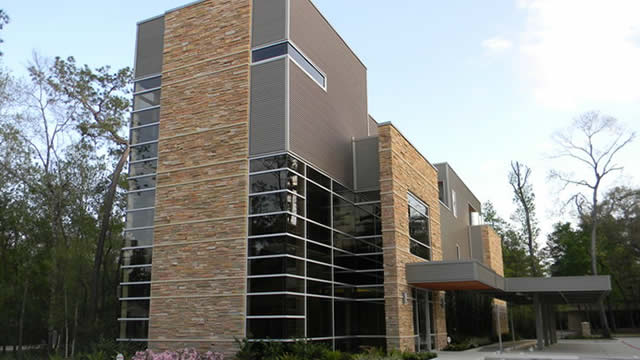The Impact of Climate Change Denial in the United States
Climate change has been a talking point for decades, but have we made the advances that we think?
It depends. Many people are largely concerned about the rising temperature of our planet — eco-anxiety is now a common reason to visit a therapist — and the warming and acidification of our oceans. In recent years, we’ve been seeing stronger hurricanes, hotter temperatures, and more intense tornadoes. But maybe there’s not cause for worry just yet.
A Clemson University professor and his research team recently identified that, while the planet has gotten warmer, the team’s findings fail to support a climate change “surge,” or rapid acceleration. This might bring some relief to people with eco-anxiety. But it’s also important to note, the team said, that this study does not mean climate change is fake. Climate change and rising temperatures have led to an ongoing warming — and we need to make changes before we put into motion changes that cannot be stopped.
Climate change worry is negatively correlated with factors like income and educational attainment. However, many areas that are less concerned about climate change (like the spots on our list) are also relatively low risk for natural disaster, as measured by the FEMA National Risk Index.
Why This is Important
Climate change represents one of the biggest threats facing civilization as a whole. Yet views on climate change and global warming remain sharply divided across the United States. Climate skepticism or denialism comes from a variety of complex factors. Some people resist climate change because it affects their jobs and livelihoods; others are distrustful of science, and others feel frightened by the scope of climate change, making it easier to deny it than to accept that it’s happening. But there is no Planet B — and we need to do a better job at protecting the planet we’re on.
Impact on Individuals
Climate change denial can have serious consequences for individuals, including increased exposure to extreme weather events, health risks from air and water pollution, and loss of income due to job displacement in industries affected by climate change. Additionally, individuals who deny climate change may be less likely to take steps to mitigate their own contributions to environmental degradation, leading to further harm to the planet.
Impact on the World
Global climate change denial can impede international efforts to address the issue, leading to delays in implementing crucial policies and agreements to reduce greenhouse gas emissions. This can result in more severe and widespread environmental impacts, including rising sea levels, loss of biodiversity, and extreme weather events that threaten the livelihoods of people around the world.
Conclusion
It is evident that climate change denial poses a significant threat to both individuals and the world as a whole. It is essential to educate and engage with communities that are less concerned about climate change in order to promote awareness and encourage action to protect our planet for future generations.





